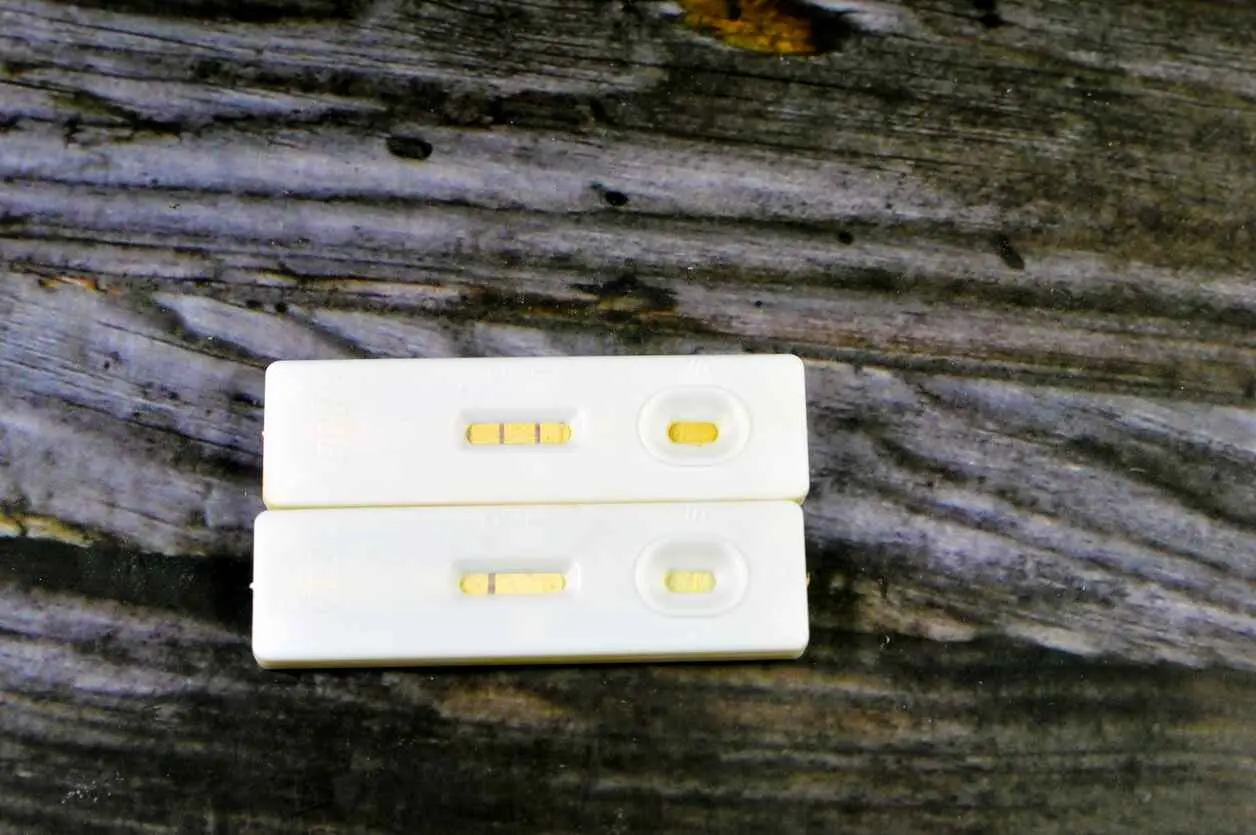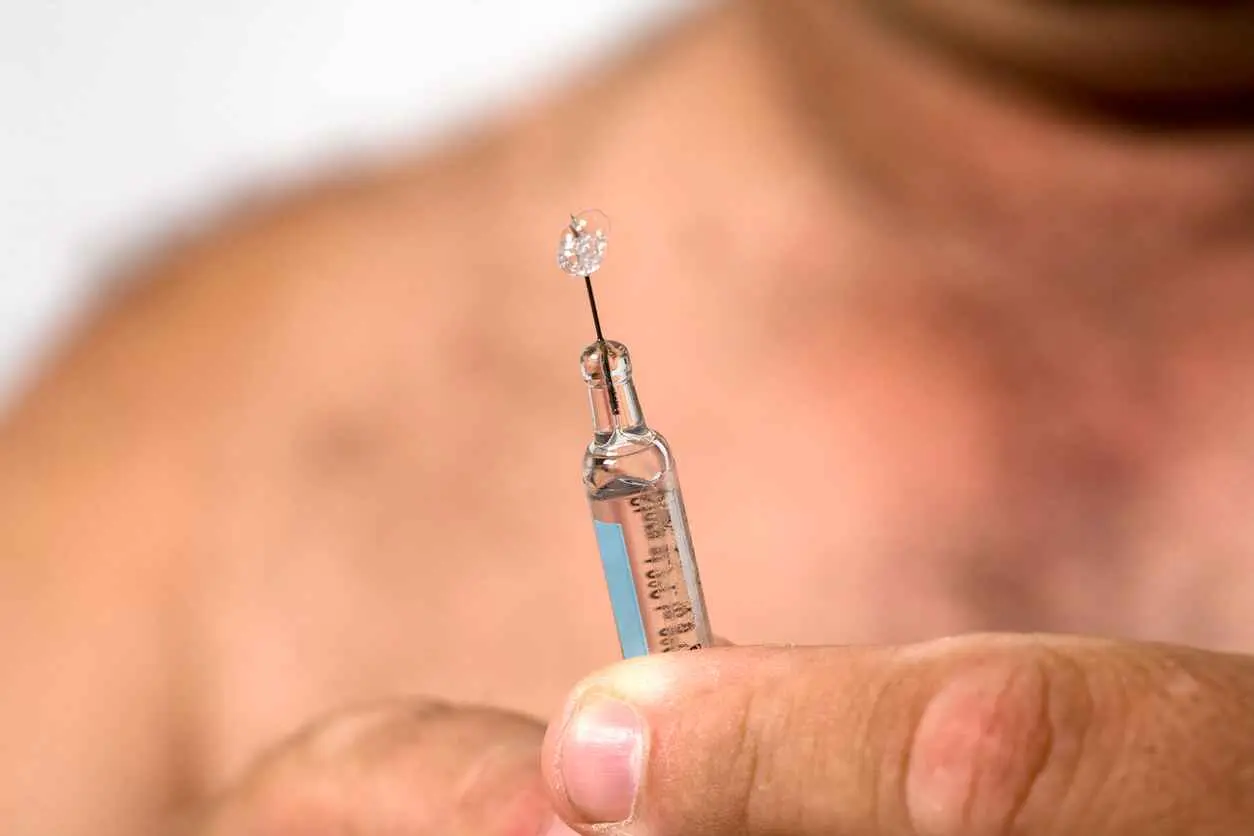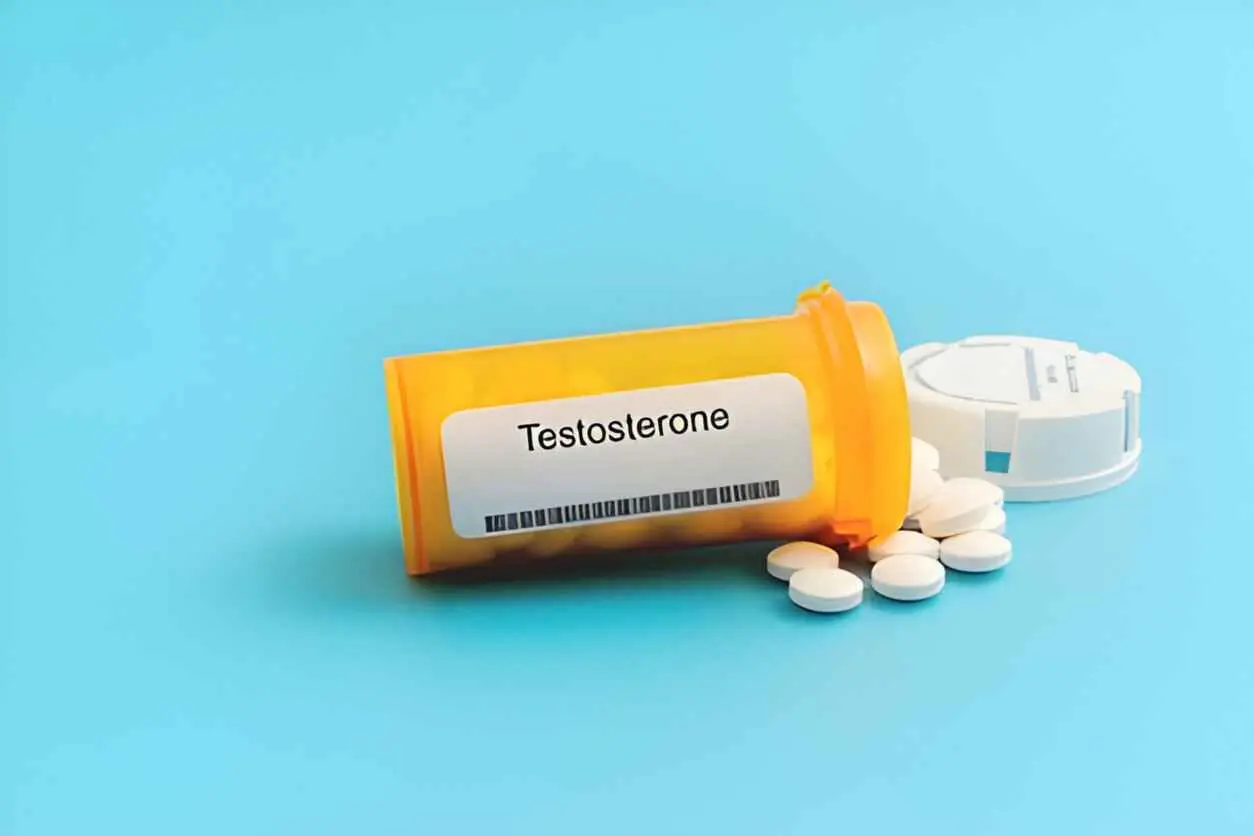
Low Energy in Men: Causes, Symptoms, and Solutions
What Is Low Energy in Men?
Low energy in men refers to an ongoing lack of stamina, drive, or focus that persists even after rest. It’s not just tiredness. It’s a deeper, more stubborn fatigue that interferes with physical performance, cognitive clarity, and emotional health.
This condition often appears gradually, particularly in men over 30, when testosterone levels and recovery capacity begin to decline. In some cases, it stems from hormonal imbalance. In others, it’s the result of chronic stress, poor nutrition, or lifestyle factors that disrupt sleep and metabolic function.
Symptoms of Low Energy in Men
Symptoms of Low Energy
These are the most common symptoms men report:
-
Persistent fatigue despite sleeping
-
Falling asleep after eating
-
Loss of sex drive or poor performance
-
Lack of motivation to train or work
-
Brain fog, memory lapses, or poor focus
-
Reduced workout recovery
-
Irritability or emotional flatness
If these symptoms occur together and persist, they may point to a deeper hormonal or metabolic imbalance.
What Causes Low Energy in Men?
|
Cause |
Effect on Energy |
|---|---|
|
Low testosterone |
Decreased stamina, low libido, mood swings, poor gym recovery |
|
Vitamin D deficiency |
Impaired testosterone synthesis, weak immunity, and daytime fatigue |
|
Vitamin B12 deficiency |
Reduced red blood cell production, cognitive fog, physical exhaustion |
|
Chronic stress |
Elevated cortisol suppresses testosterone and promotes adrenal burnout |
|
Poor sleep quality |
Disrupted hormone production and poor physical and mental recovery |
|
Excess body fat |
Increased estrogen due to aromatase activity, reduced free testosterone |
|
Processed food diet |
Blood sugar crashes, increased inflammation, and energy dips throughout the day |
When Should You Get Tested?
You should consider a comprehensive blood panel if you’re experiencing:
-
Ongoing tiredness despite 7 to 9 hours of sleep
-
Low libido, erectile difficulties, or loss of desire
-
Trouble focusing or persistent brain fog
-
Mood changes like irritability, anxiety, or feeling emotionally flat
-
Gaining fat or losing muscle without dietary changes
-
Unusual afternoon crashes or post-meal fatigue
These symptoms often point to testosterone or nutrient imbalances, even in men under 40.
Low energy usually results from a combination of hormonal, nutritional, and lifestyle factors. Below are the most common root causes:
What a Low Energy Blood Panel Should Include
At Androgenix, our male low energy panel checks for the following critical health markers:
|
Marker |
Role in Energy and Hormone Health |
|---|---|
|
Total testosterone |
Measures all circulating testosterone in the body |
|
Free testosterone |
Measures the usable form of testosterone available to cells |
|
Vitamin D3 |
Supports testosterone production, mood, immunity, and bone health |
|
Vitamin B12 |
Vital for nerve function, energy production, and brain clarity |
|
Cortisol |
Stress hormone that, when elevated, suppresses testosterone and metabolism |
|
Thyroid hormones (TSH, T3, T4) |
Control your metabolic rate and energy output |
|
Inflammation markers (CRP, homocysteine) |
Reveal systemic stress that may be suppressing hormone function |
Natural Ways to Boost Energy Before Considering TRT
|
Lifestyle Change |
How It Helps Boost Energy |
|---|---|
|
Sleep (7–9 hrs nightly) |
Supports testosterone production and cognitive performance |
|
Resistance training |
Boosts testosterone, muscle mass, and metabolic rate |
|
Whole-food nutrition |
Stabilises blood sugar and supports hormone health |
|
Stress management |
Lowers cortisol and restores adrenal resilience |
|
Hydration (2.5+ litres) |
Improves blood flow, alertness, and mitochondrial function |
|
Vitamin and mineral support |
Fills in dietary gaps that may impair testosterone or cause fatigue |
Before jumping into TRT, these lifestyle upgrades should be implemented consistently for 4 to 6 weeks.
Testosterone Replacement Therapy (TRT): What to Expect
TRT helps restore hormone balance and often improves:
-
Daily energy and drive
-
Gym performance and recovery
-
Libido and sexual function
-
Mood, memory, and cognitive clarity
-
Muscle mass and body composition
Comparison of TRT Delivery Methods
|
Method |
Frequency |
Notes and Considerations |
|---|---|---|
|
Injections |
Weekly or biweekly |
Fast, effective, affordable. May cause hormonal peaks and dips |
|
Gels or creams |
Daily |
Easy to apply. Risk of transferring to others via skin contact |
|
Patches |
Daily |
Steady delivery. May cause skin irritation in some users |
|
Pellets |
Every 3–6 months |
Long-lasting, low maintenance. Minor procedure required |
|
Oral tablets |
Daily |
Not first-line for age-related low T. Limited absorption |
Your physician will tailor the protocol to your specific needs, taking into account your test results, goals, and preferences.
Nutrients That Support Testosterone and Energy
|
Nutrient |
Why It Matters for Energy and Hormones |
|---|---|
|
Vitamin D3 |
Regulates testosterone, improves mood, and supports immune health |
|
Vitamin B12 |
Improves energy metabolism, brain clarity, and red blood cell function |
|
Magnesium |
Supports sleep, muscle recovery, and testosterone utilisation |
|
Zinc |
Essential for testosterone synthesis and sperm quality |
|
Omega-3 fatty acids |
Reduces inflammation and enhances hormone receptor sensitivity |
Other Conditions That Can Mimic Low Testosterone
Some symptoms may overlap with those of other conditions, which is why accurate testing is crucial. These include:
-
Hypothyroidism
-
Sleep apnea
-
Iron-deficiency anemia
-
Chronic Fatigue Syndrome
-
Adrenal burnout
-
Insulin resistance or early diabetes
Getting your full panel assessed ensures that the right root cause is treated.
Frequently Asked Questions
What are the top symptoms of low testosterone in men?
Fatigue, brain fog, low libido, poor recovery, loss of muscle mass, and mood instability are the most common.
How long does testosterone therapy take to improve energy?
Most men see improvements within 3 to 6 weeks, with full benefits in 3 to 6 months.
Can I fix low energy without medication?
Yes, many men recover through sleep, proper training, a balanced diet, and supplementation. If testosterone is clinically low, TRT may be necessary.
Is TRT safe long term?
When monitored by a hormone-specialist physician and guided by blood testing, TRT is considered safe and effective for long-term use.
Can younger men have low testosterone?
Yes. Poor sleep, high stress, excess body fat, or nutrient deficiencies can cause low T even in men under 40.


